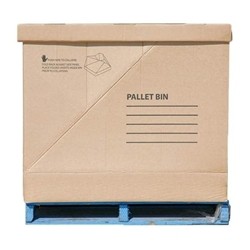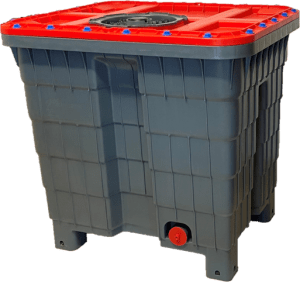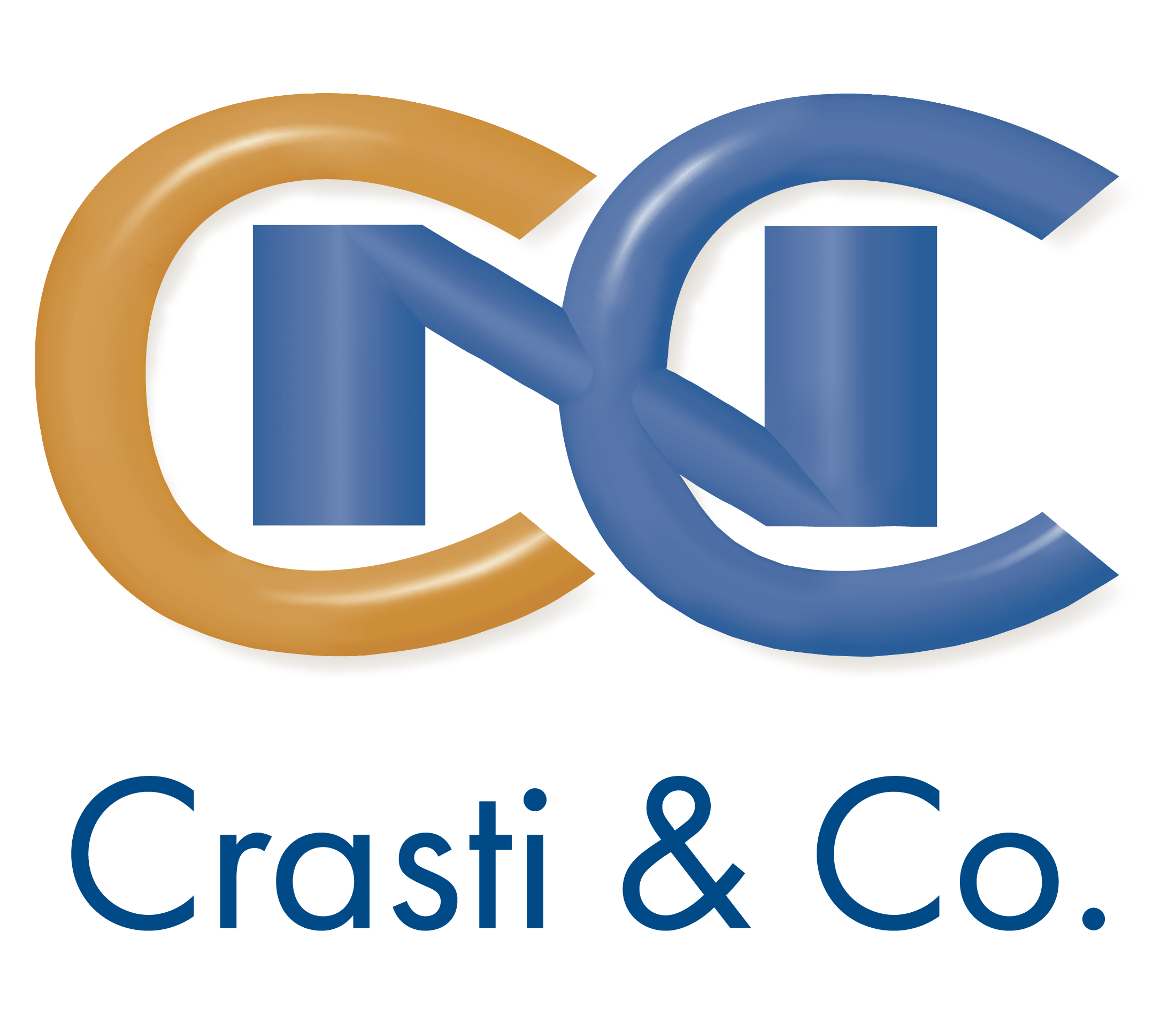There are multiple product types in the market that satisfy bulk handling requirements for Australian businesses.
Flexible Intermediate Bulk Containers (FIBCs) /Bulk Bags
Flexible Intermediate Bulk Containers (FIBCs) are commonly also known as bulk bags, and provide a short-medium term transport container for a variety of food and non-food goods. They’re light-weight alternatives to plastic bins, while providing more strength throughout the supply chain than a cardboard box for large volumes and product weights.
Typically made from a thick, woven polypropylene material (pp), FIBCs/bulk bags are sewn together using industrial equipment and constructed with the required openings for filling and dispensing, and with a various number of loop handles for lifting via cranes and/or forklifts. Bulk bags/FIBCs can be manufactured for clean room and food contact applications, making them an ideal choice for many producers.

Pallet Boxes
Pallet Boxes (sometimes called pallet bins) are large cardboard boxes that can be supplied with or without a lid for the bulk handling and shipping of bulk products.
As pallet boxes are made from cardboard, they are not ideal for withstanding moisture and should not be used anywhere where moisture and/or high humidity may be a concern. Pallet boxes are fully recyclable at end of life, which is a sustainability plus for brands. However they are also costly to produce and purchase in comparison with most FIBCs, and not ideal for most food-contact applications.

Plastic Pallet Bins
Used extensively in the agriculture, produce and fisheries space, plastic pallet bins are a sturdy, bulk handling alternative typically made from High-Density Polyethylene (HDPE) plastic. There are many designs on the market, including half-height bins and most incorporate stacking features. However the bins themselves are heavy duty by nature and by weight, which can be a down-side for shipping and freighting costs.
The best thing about pallet bins is that they are reusable time and time again, unlike pallet boxes or FIBCs. For industries that rely on consistent harvesting and storage of produce, they are a good solution for withstanding multiple uses. This type of bulk handling product is the most expensive option, however new products like the Multitank have great sustainability and cost-saving benefits as they are completely nestable when empty.

